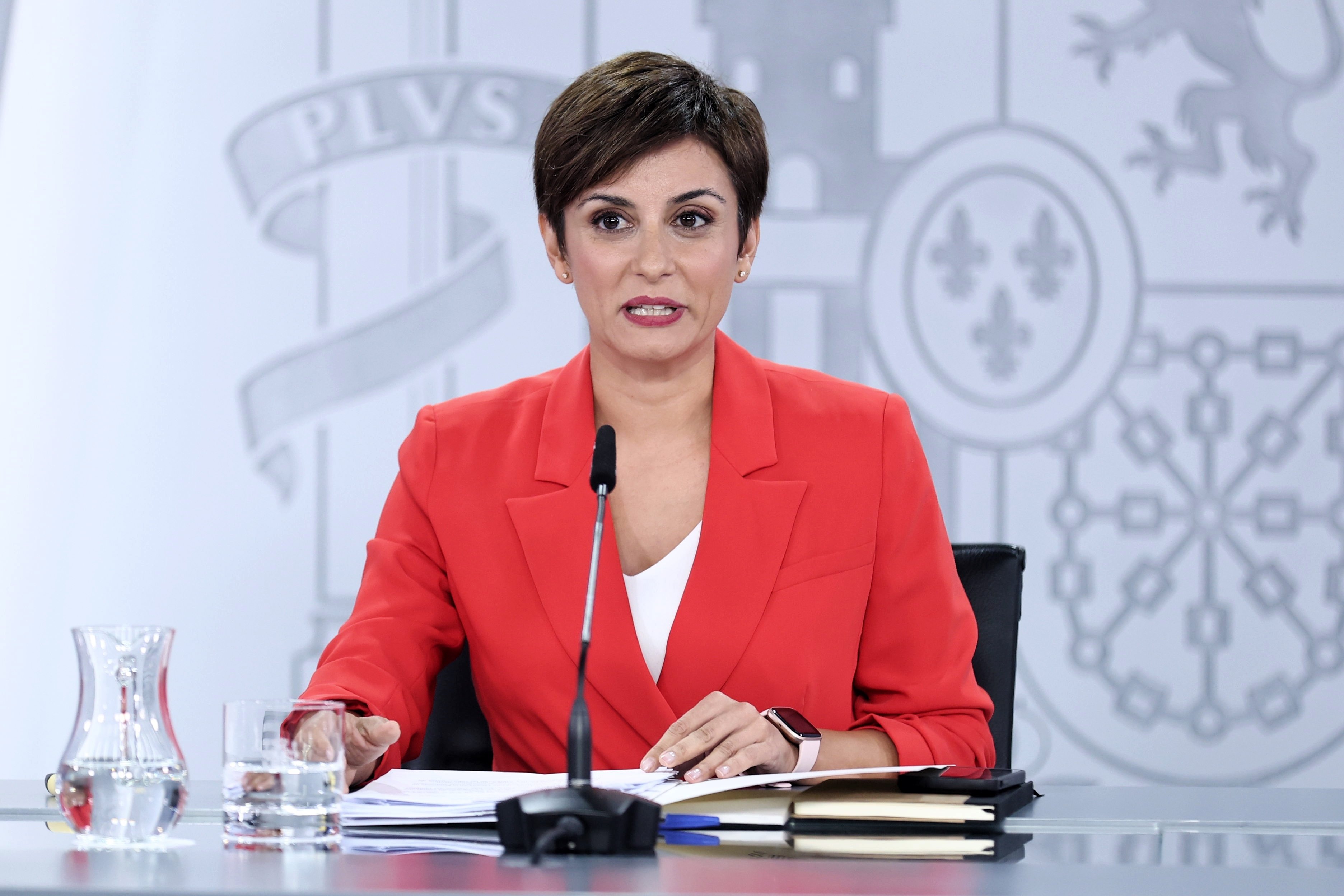The fiscal fight has broken out between the Spanish government and the opposition, between the executive and the parliamentary partners, and within the Spanish cabinet itself. After Tuesday's meeting, Isabel Rodríguez, Spanish minister of Territorial Policy and spokesperson, disavowed her colleague, Jose Luís Escrivá, Spanish minister of Inclusion, Social Security and Migration, who proposed to recentralize taxes to avoid autonomous communities competing among themselves to obtain a more lenient fiscal policy. He also believes that the decision taken by Juanma Moreno, president of Andalusia, to eliminate the wealth tax is “nonsense”. Rodríguez dismissed Escrivá's idea and circumscribed it to “personal opinion”, which she does not share. For the Spanish government, taxation must be linked to the autonomic financing debate, which is currently at a standstill.
The position of Sánchez's government is that taxes must be harmonized before broaching recentralization and taking powers away from the autonomous regions which, among others, manage the wealth tax. According to sources from the Spanish treasury, “Minister María Jesús Montero is in favour of achieving a greater harmonization, combining fiscal autonomy and avoiding comparative grievances at the same time”. In other words, to achieve a minimum common denominator between communities to prevent any of them from lowering taxes below these thresholds, as the Community of Madrid and Andalusia have done, and always with regional consensus. Nothing should be done outside the regional financing system reform. According to Isabel Rodríguez, “the Spanish government's task is addressing any progress in taxation, always hand in hand with the financing model”, because taxation and financing cannot be separated and are part of “the constitutional anchor”.
Moreno Bonilla “gives away taxes to the rich”
Besides the internal discussion, the Spanish government also took the opportunity to confront the Popular Party, specifically Juanma Moreno and Isabel Diaz Ayuso, the two iconic leaders in the autonomous communities. “It is a debate we are willing to face”, started Rodriguez, who assured that “eliminating taxes on the privileged” implies “eliminating the citizenry's resources”. According to the central government, tax cuts must be “restricted, punctual and moderate” and gave the reduction of the VAT on gas from 21% to 5%, approved in the Spanish cabinet, as an example. It defended that these are measures aimed “at a majority, at 99% of the population.” The Spanish government was referring to the financing system reform it promised to develop during this office term, which is still at a standstill.
The left tightens its grip in Congress
Juanma Moreno's decision to eliminate the wealth tax unnerved the PSOE's parliamentary partners in the Spanish cabinet, although there are different opinions. They see a repeat of Isabel Díaz Ayuso's “fiscal secessionism”, which intends to turn Andalusia into “a tax-free island, just as the Popular Party has been doing for the last 25 years in the Community of Madrid”. The Spanish left charges against the “fiscal dumping” that “ends up deteriorating public services as a whole”. The pro-independence parties do not buy Minister Escrivá's recipe of recentralizing taxes to avoid a war between autonomous communities either.

